An insurance bad faith claim can help businesses that have had an insurance claim denied by their carrier in bad faith. There are several elements of an insurance bad faith claim that a company wishing to bring one against their insurance carrier should be familiar with.
What may be considered bad faith?
It may be considered bad faith for an insurer to misrepresent relevant facts or insurance policy provisions; fail to acknowledge a claim and act promptly after receiving the claim; fail to adopt and implement reasonable standard for investigation to process the claim; fail to either approve or deny a claim within a reasonable period of time after the insured has submitted a proof of loss; or fail to provide a reasonable explanation or reason for denying the insured’s claim.
Elements of an insurance bad faith claim
The elements of an insurance bad faith claim include that the benefits due under the policy were withheld and that they were withheld for a reason that was unreasonable. The insured must demonstrate that they had a valid claim under their policy and also document that their claim was denied by their insurer. Additional steps may be required.
To determine if the insurance company acted reasonably when they denied the insured’s claim, the facts and circumstances as they existed at the time the decision was made are evaluated. The claim must have been intentionally denied for a reason that was unreasonable.
This type of insurance bad faith claim is referred to as a common law bad faith claim but statutory bad faith claim options may also be available. Insurance law can help protect insureds who have had their insurance claims denied in bad faith and may help them recover for the damages they suffered as a result of the bad faith denial.

